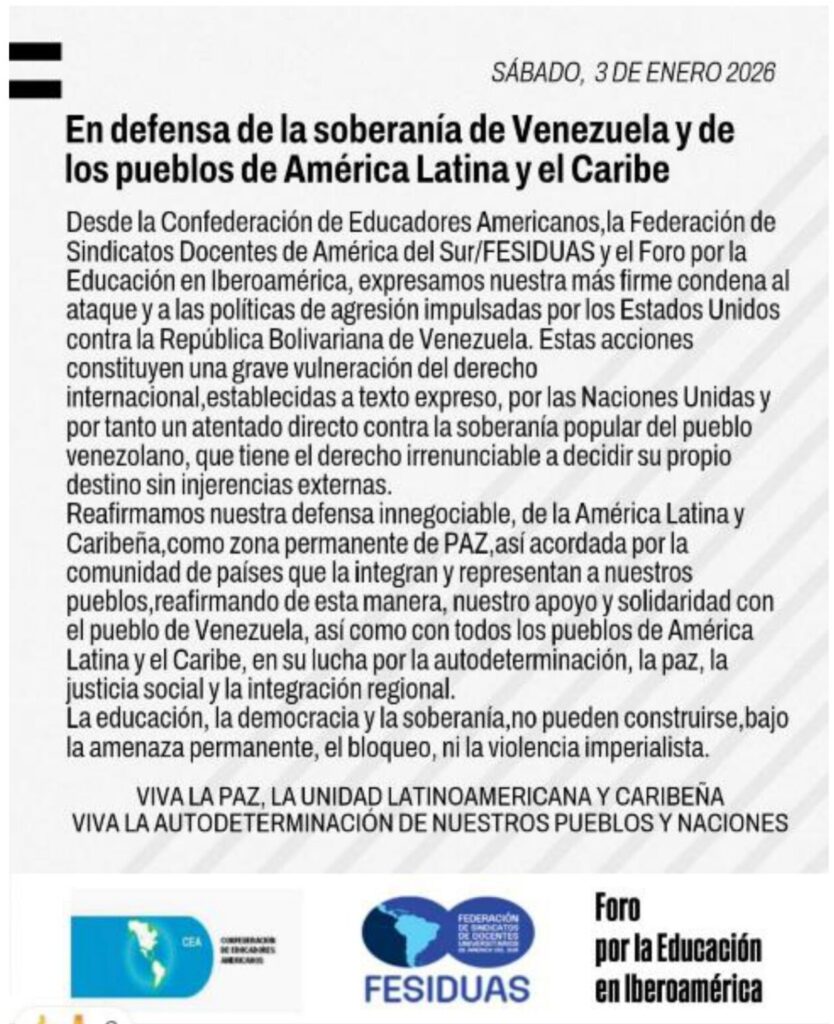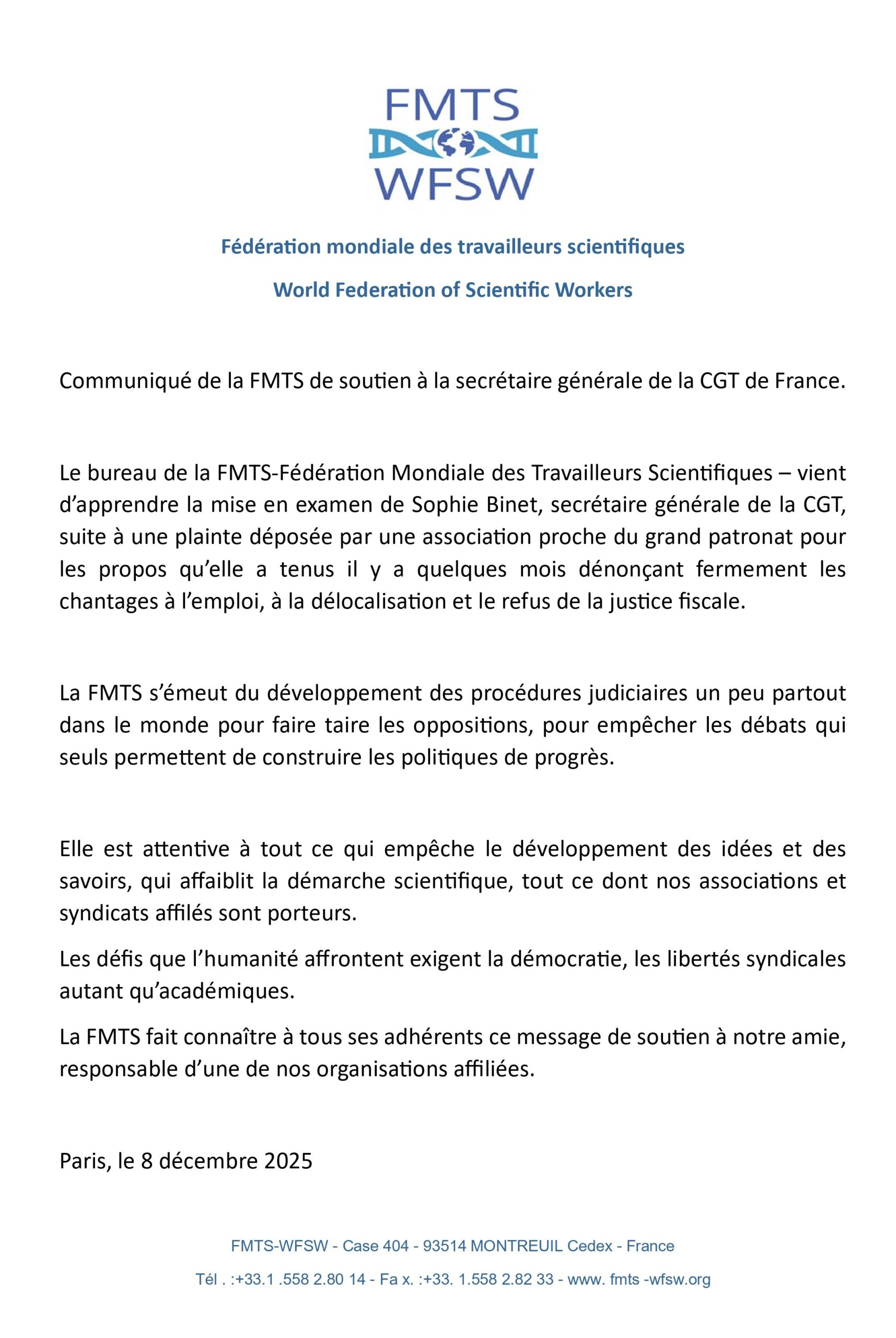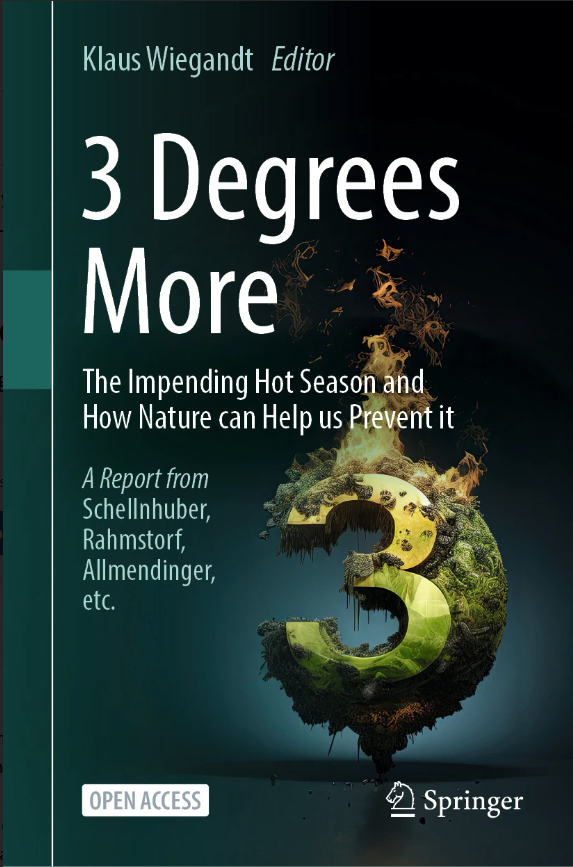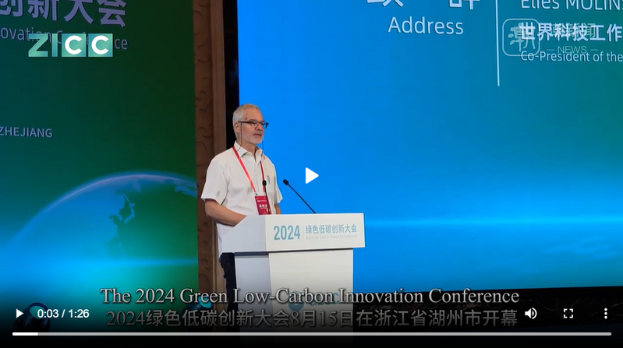Water for all in Africa – 30-31 July 2014 – Yamoussoucro (Ivory coast)
According to the new directives concerning the UNESCO’s partnership with non-governmental organizations, the NGO-UNESCO Liaison Committee must organize, in consultation with the UNESCO Secretariat, a twice-yearly NGO Forum on a UNESCO priority issue. Since the Liaison committee is elected for two years, we are faced with four events, four countries (none in the same region of the world) and four topics[1]. On one hand, the WFSW cannot involve itself in all. It would be too heavy. On the other hand, our steady line, as an NGO in official partnership with UNESCO, has been involvement in the collective cooperation. That is why we decided to choose and to take part actively in the forum “Access to water for all in Africa” which will be held in Ivory Coast, on July 30-31, 2014.
As far as the stake of this event is concerned, all representatives of international NGOs don’t share the same views. The point of view of our federation is always the same: to give an opportunity to national and local NGOs to let know what are, in their own opinion, the obstacles to be overcome and action to be supported. Other representatives are rather ready to deliver good advices (sometimes only their opinion, other times a true grass roots knowledge). In this way, the risk is to act as occidental, educated people, towards poor, uneducated people! It is not our conception of the international cooperation. Nevertheless, through this event, we have an opportunity to exchange opinions about global obstacles and especially about the question of the private control of water. Almost all representatives of NGOs agree with the opinion that water is a common good.
The WFSW has many reasons to contribute to the success of the Ivory-Coast Forum, including the social role of scientific workers: researchers, high teachers or engineers, even non-specialists of water, are also citizens. Remember that water for all is one of the formal commitments taken by States at the World Summit on Sustainable Development (Johannesburg, 2002)
[1] Paris on “Education”; Asia: on “Women and figth against poverty”; Ivory Coast on “Access to Water for all in Africa; Bulgaria on “Young people and heritage”




